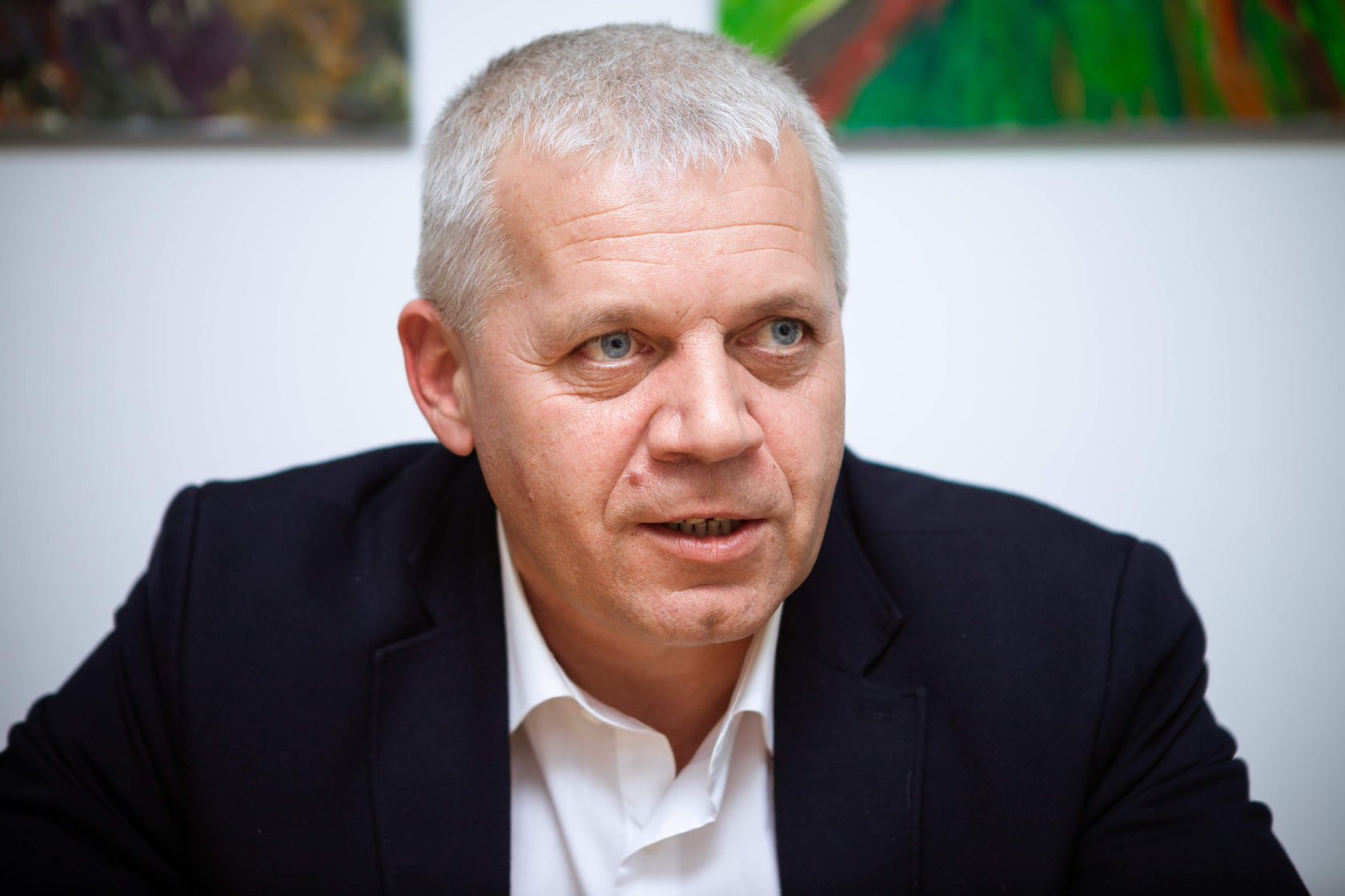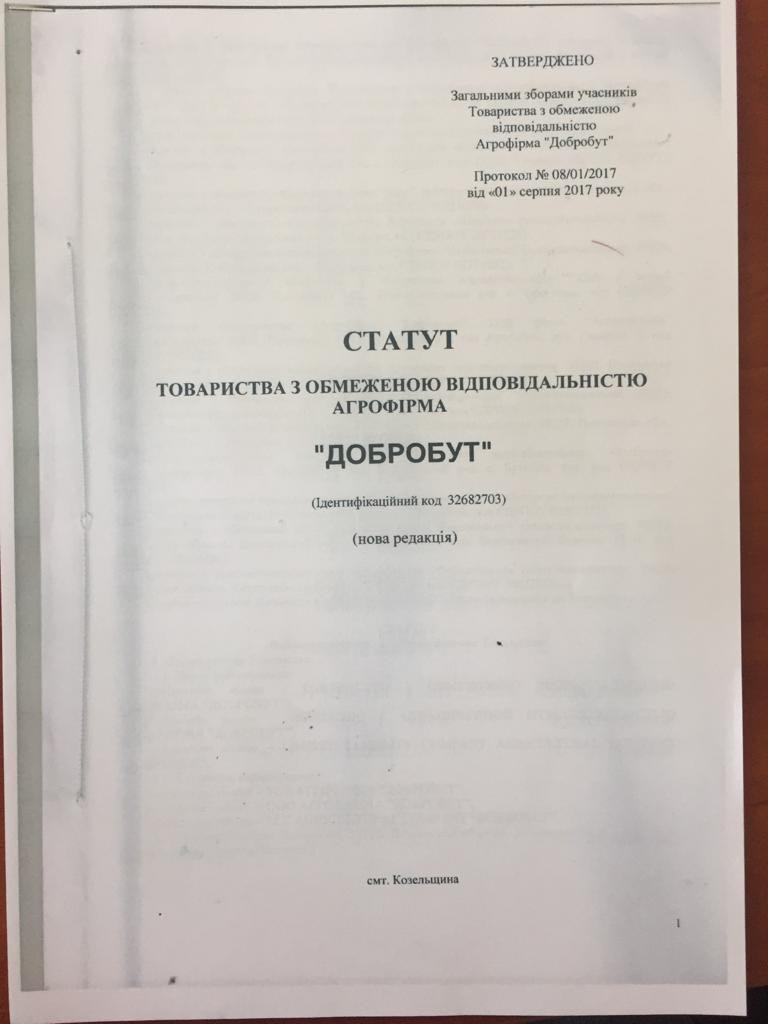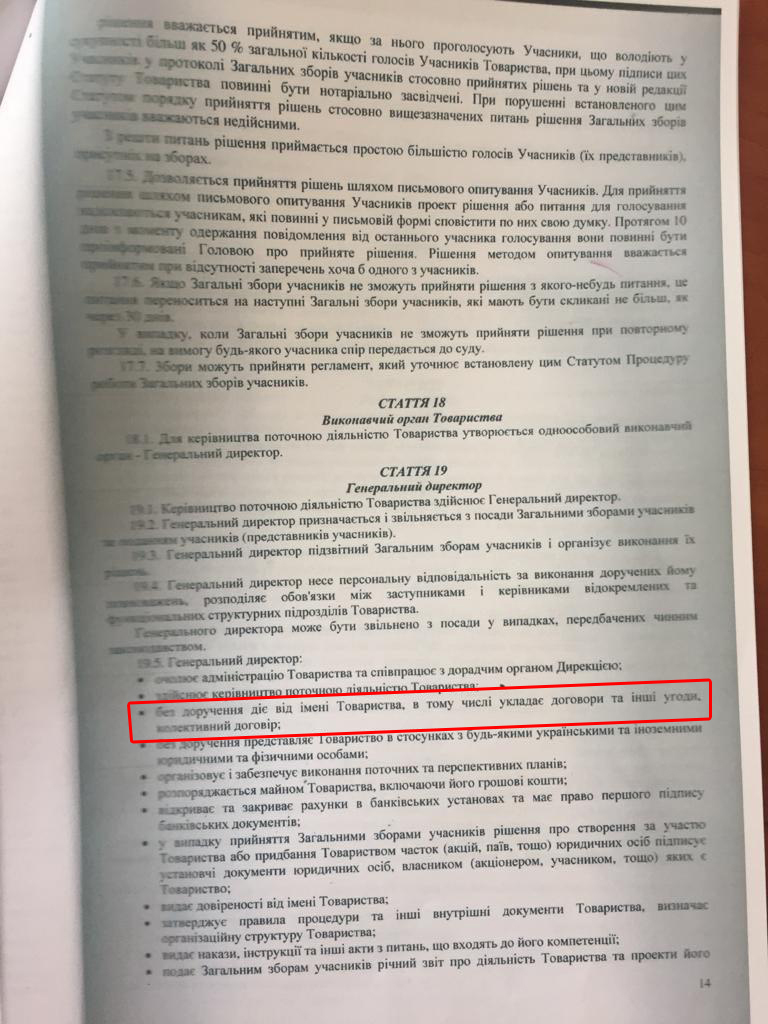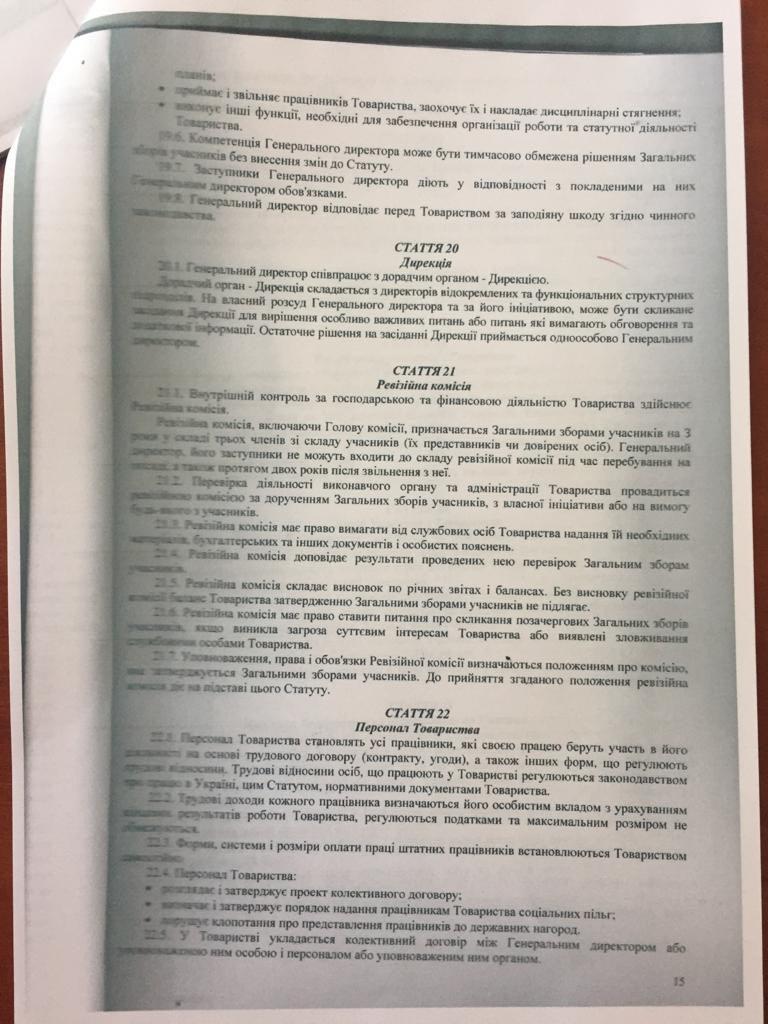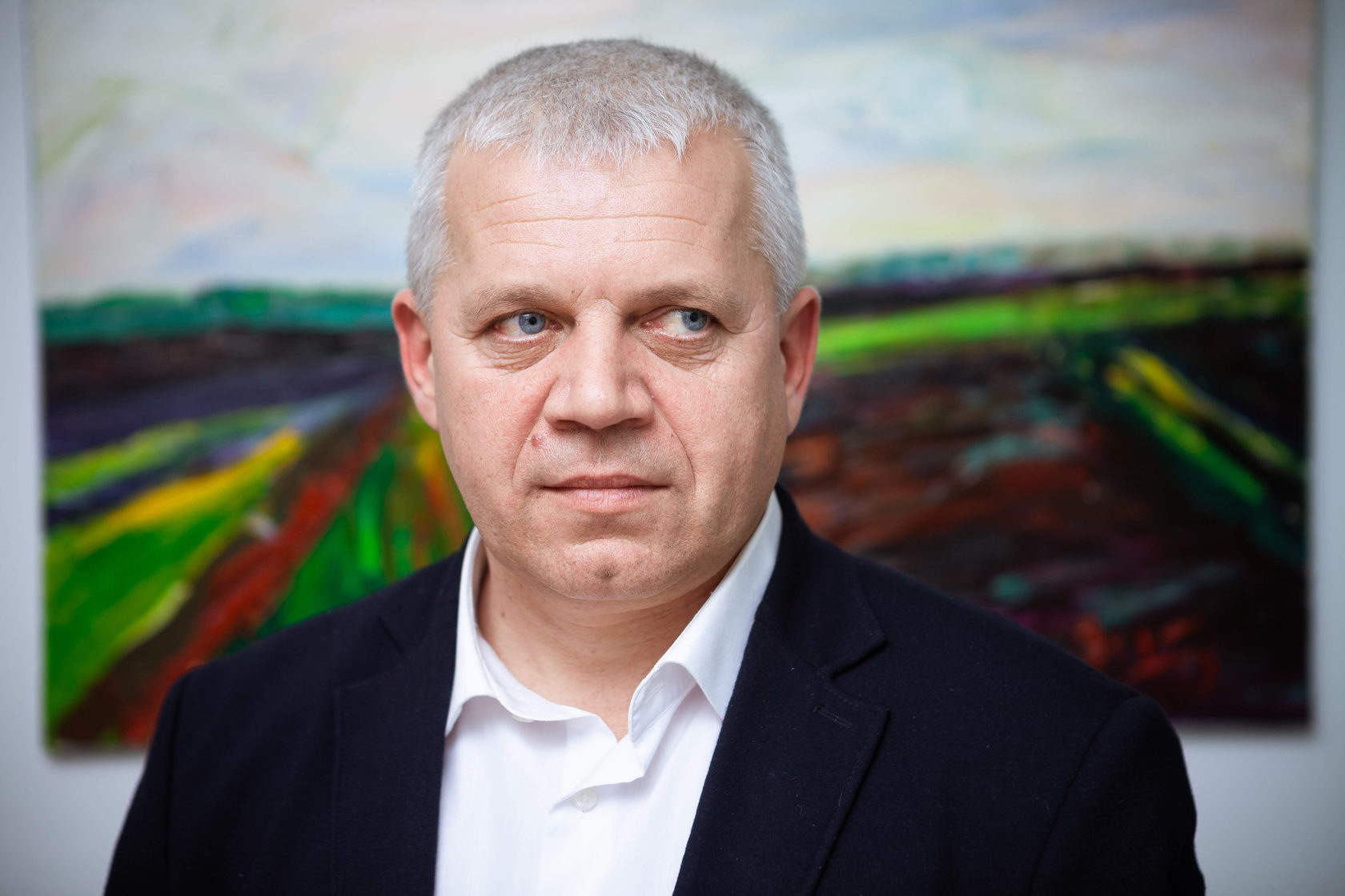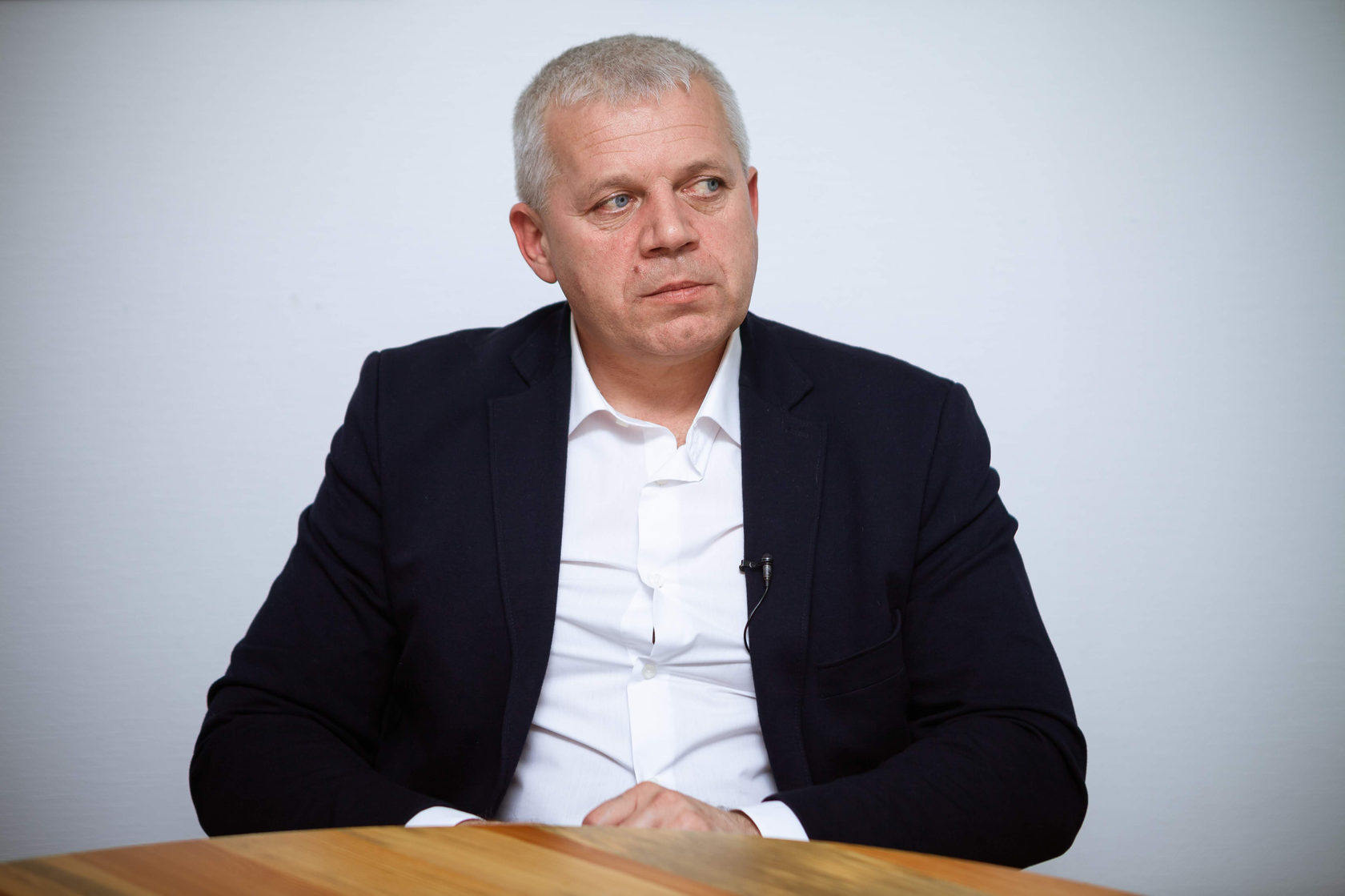— In 2003, at the start of Dobrobut we paid 1.5%, while the others paid 1%. Then the rate was increased to 3%, while the others paid 2%. Later, we raised it to 5%, then to 7%, when other companies paid up to 5%. That's when the most interesting things started: by 2012, many large players of the Ukrainian agrarian market understood that to preserve the land bank, one has to cooperate with shareholders and employees.
To save human resources, it was not enough to pay the rent in the amount we had at that time. Other agricultural holdings were catching up with us, and in order to maintain leadership, we had to reach a fundamentally new level for all positions: wages, rents and social programmes. But at that very time the Astarta's policy towards the core enterprises of the holding began to change. A new management came to the company, and the holding set a course for centralizing management, according to which all strategic, financial and organizational decisions should be made only in Kyiv. And the directors of enterprises should implement these decisions, inasmuch as we were one team.
In practice, the distance between enterprise managers and top management began increasing. The management's vision of relations with the villagers changed a lot. Actually, it came down to the fact that people should get only the rent. I understood that if the new team of managers of the holding had lived and worked in the village and had not just observed the process during business trips, the management might have changed the views on Astarta's development. As a result, it became difficult for them to understand us, and also the other way around.
I was often told: "You do not understand, this is just business", and I answered that in business one can do anything, but there are things that need to be paid attention to, and decisions should be made by those personally responsible.
Ultimately, the central apparatus took over the functions of the director of an agricultural enterprise. That was ridiculous. It did not matter what financial issue was discussed, a "second button" was always set in Kyiv; any payment could be made only after the agreement with "the centre", and that rule was followed not only on global issues, but even on ordinary payments to shareholders.
By the way, I fully agree with the standpoint of the holding on the centralization of the main procurement: fuel, mineral fertilizers, plant protection products, seeds. But after 2012, the managers of enterprises, agronomists, and engineers were completely barred from making decisions in technological processes of production.
